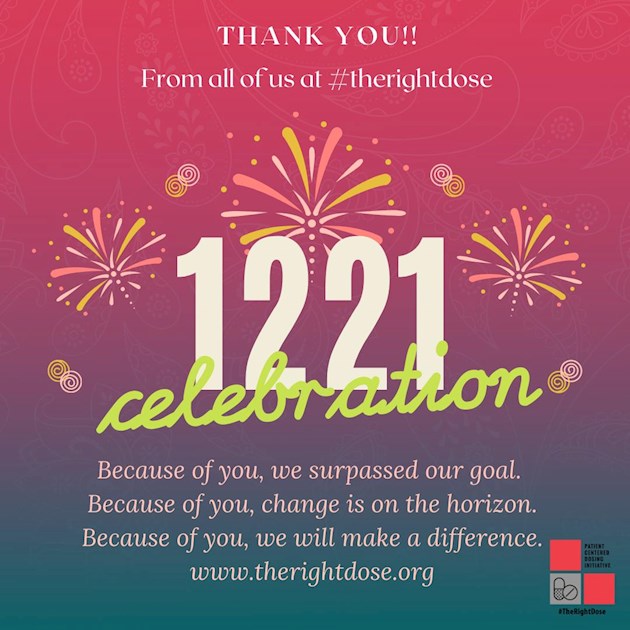For everyone who responded to the MBC treatment survey, thank you so very much for your overwhelming support! There were 1,221 responses, and the results will be available in just a few weeks.!
What is the Patient-Centered Dosing Initiative (PCDI)?
The PCDI was launched in 2019 by a team of MBC patient advocates who are working with healthcare professionals to improve quality of life for individuals with MBC through treatment-related adaptations.
Since metastatic breast cancer is treatable but not curable, the majority of patients remain in treatment for the rest of our lives. Customarily, we are prescribed the highest approved dose of a drug whenever we begin a new treatment, and these high doses may trigger harsher toxicity-related side effects than lower approved doses. Yet lower approved doses are generally not offered unless there’s a medical reason that prevents us from taking the highest dose, or we experience significant side effects when taking the highest dose.
As a result of treatment-related side effects, some of us may have missed a treatment, been forced to stop a working treatment prematurely, and/or experienced a significantly reduced quality of life.
Therefore, the PCDI’s mission is to enhance quality of life, while maintaining therapy effectiveness, by encouraging patients and their physicians to collaboratively identify the optimal approved dosage of treatment based upon each patient's unique physical, circumstantial, and psychological factors. This is especially timely because recent evidence suggests that approved lower doses of some MBC drugs may be just as effective as the highest approved dose with less severe side effects.
It should, however, be noted that some drugs (especially hormonal therapies) do not have an approved lower dose, and that absolutely no patient should ever change their drug dosage or frequency without first consulting their physician.
The PCDI believes that this patient-centered approach to dosing represents an important step toward making treatment delivery more compatible with precision medicine. You are welcome to visit our website at therightdose.org to learn more!
With appreciation and best wishes,
Anne, PCDI Founder

 .
.